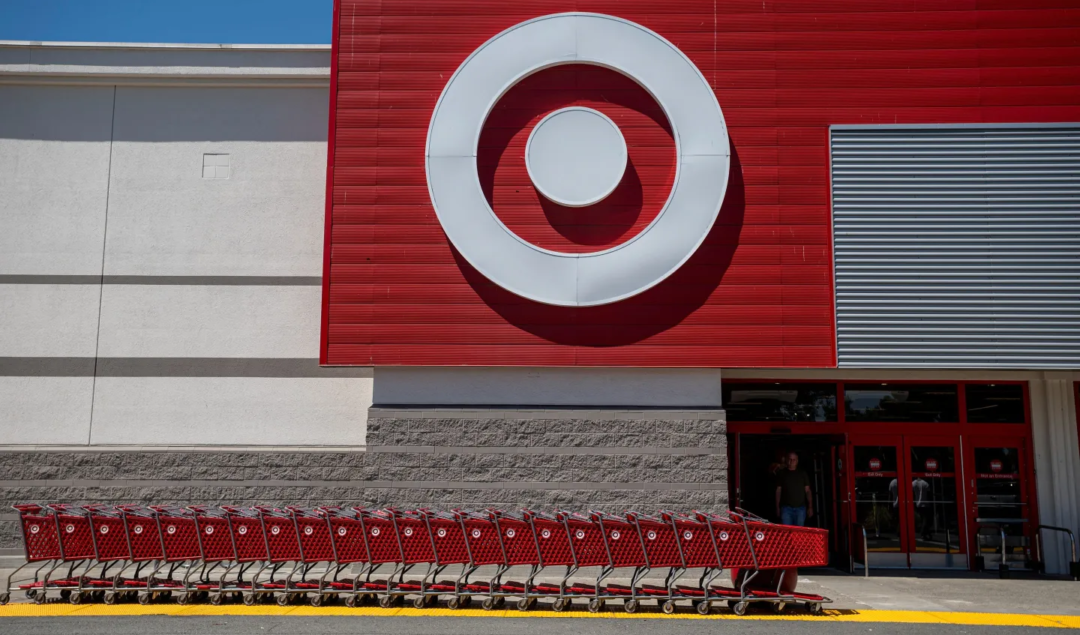The Supreme Court has allowed the Trump Administration to cut grants issued by the National Institutes of Health in a bid to end federal DEI efforts. The decision was made on Thursday, the 21st of August, with the court being split 5-4 on the ruling, according to The Guardian. The court’s ruling marks a significant reversal, enabling the administration to reinstate grants that it had begun cutting in Late February. The split court decision The case was split among the Supreme Court’s nine justices, with three appointed by Trump, leading to a
Target has struggled to recover from boycotts and backlash following its rollback of diversity, equity, and inclusion (DEI) initiatives. The retailer’s foot traffic has remained low, according to data from analytics platform Placer.ai. Since Q1 2024, the company’s year-over-year foot traffic changes have closely mirrored its revenue shifts, Retail Brew reports, differing by an average of just 1.2 percentage points over the past five quarters. Scaling Back DEI Efforts In January, Target announced that it would end its three-year DEI goals, conclude its Racial Equity Action and Change (REACH) initiatives in
A federal judge has struck down two Trump administration directives that sought to end diversity, equity, and inclusion (DEI) programs in schools and universities. Judge Stephanie Gallagher of the US District Court in Maryland ruled that the Department of Education violated the law when it threatened to cut federal funding from educational institutions that would maintain its DEI initiatives, The Guardian reports. The department’s guidance had been on hold since April, when three federal judges temporarily blocked parts of the department’s anti-DEI measures. Gallagher’s ruling followed a motion for summary
President Donald Trump has signed a new order that requires universities to share detailed data on the demographics of their incoming classes each year, according to The Independent. The order will allow Department of Education officials to see if universities are still using banned programs that support underrepresented groups. A fact sheet shared with The Independent by a White House official says Trump’s presidential memorandum to Secretary of Education Linda McMahon gives her permission to require “transparency” from higher education institutions receiving federal funds in the form of student aid with a “revamp” of
Google has removed 58 nonprofit organizations associated with DEI from a list of organizations it funds, according to a new report by tech watchdog The Tech Transparency Project. The report references the most recent public list of organizations that receive the “most substantial contributions” from Google’s US Government Affairs and Public Policy team. The majority of the groups taken away from the list had mission statements that included he words “diversity, “equity,” “inclusion,” or “race,” “activism,” and “women.” It remains unclear whether the tech giant has ended the funding or
The Trump administration is planning to end grants related to DEI efforts, according to The New York Times. In an emergency application, lawyers for the Trump administration asked the justices to allow the National Institutes of Health (NIH) to scrap millions of grants related to DEI initiatives. Plans to cut grants related to DEI Some of the administration’s cuts to the NIH were “void and illegal,” according to Judge William G. Young of the Federal District Court of Massachusetts. The judge has accused Trump of being racially discriminatory and prejudiced against
UK lawmakers are being urged to pass legislation that would protect whistleblowers who expose employers violating DEI laws, as reported by The Guardian. The proposal was made by the Black Equity Organisation (BEO), a civil rights group, as it awaits the publication of the Equality, Race and Disability Bill, which is expected later this year. If the bill comes into effect, employers with over 250 staff workers would be obligated to show whether white and non-disabled staff are paid more than Black, minority ethnic, and disabled employees. It would also
Marc Andreessen, founder of Silicon Valley venture capital firm Andreessen Horowitz (a16z), said universities will “pay the price” for promoting diversity and allegedly discriminating against supporters of President Donald Trump. The comments come from leaked messages to a WhatsApp group used by White House officials and technology leaders, according to screenshots of the chatfrom May and June reviewed by The Washington Post. Andreessen criticizes universities The investor criticized Stanford and MIT, sending out a rapid-fire series of messages, according to screenshots and two members of the chat, who spoke to
Shareholders at 30 major US companies, including Costco, Apple, and Mastercard, overwhelmingly rejected anti-DEI proposals during the 2025 proxy season. The companies, worth a combined $13 trillion, saw most proposals defeated by margins of 98% to 99%. The shareholder voting results were tracked by Impactivize, a nonprofit project focused on DEI in the private sector. “Shareholder voting margins send a clear message: Investors understand that diversity is good for business,” said the project’s founder in a press release. 30 Major companies back DEI Impactivize analyzed anti-DEI proposals sent to companies
Dutch semiconductor equipment supplier ASML has ended its DEI targets in the US to comply with executive orders in the country. The company made the announcement on Wednesday, stating that its diversity and key performance targets would not apply to US workers to the point that its inclusion and diversity policies conflict with US laws and orders. Still, it would remain intact in all other markets. ASML rolls back its DEI efforts ASML becomes another European company ending its DEI initiatives to avoid any disciplinary action from the executive orders













